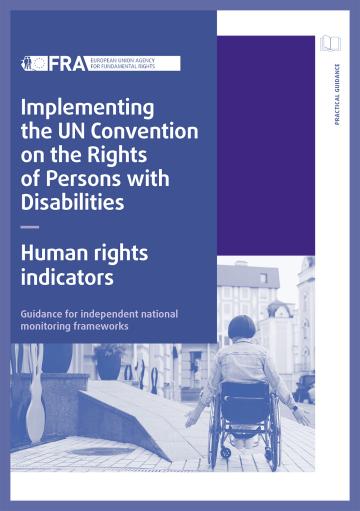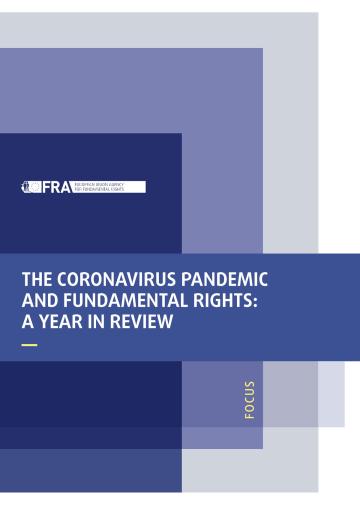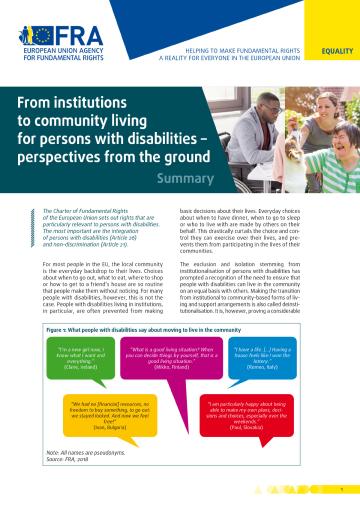§ 1. Purpose and scope of Act
(1) The purpose of this Act is to ensure the protection of persons against discrimination on grounds of nationality (ethnic origin), race, colour, religion or other beliefs, age, disability or sexual orientation.
(2) In order to achieve the purpose specified in subsection (1) of this section, this Act provides for:
1) the principles of equal treatment;
2) duties upon implementation and promotion of the principle of equal treatment;
3) resolution of discrimination disputes.
§ 5. Disability
For the purposes of this Act, disability is the loss of or an abnormality in an anatomical, physiological or mental structure or function of a person which has a significant and long-term unfavourable effect on the performance of everyday activities.










